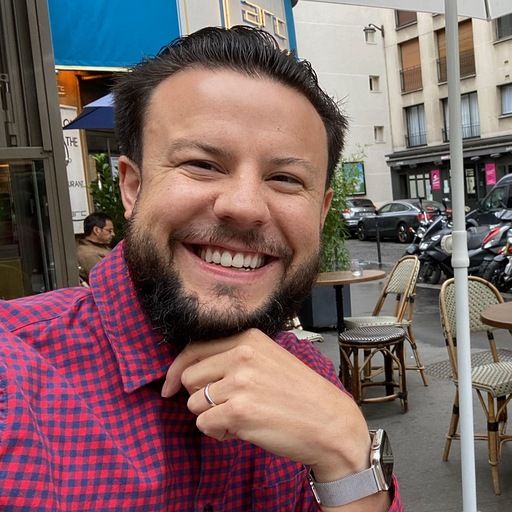The interview process for not just a new graduate, but not a senior engineer

If you missed the first part discussing how to decide on where to go for your second job, make sure to read it here.
When I was a new graduate, there were countless resources and dedicated pipelines at companies looking to hire students out of school. However, when searching for a second job, as someone who is not exactly a senior engineer but no longer a new face in the industry, I noticed that there was a lack of information. To whoever is in this same position, I hope this article helps clarify some confusion around the interview process and how it differs from a new graduate interview.
Technical details
As I wasn’t exactly a new grad but also not a senior engineer with tons of experience under my belt, I was unsure about how the interview process would go. Here are some common questions I had and the answers to them:
Would people care about seeing my internships?
While most interviewers will ask more about your full time work experience, I did get a few questions about my internships. I believe it is worth keeping on your resume especially if you want to fill space but do focus more of the space on your full time job.
Could I add my experiences in volunteering and organizations I did outside of work?
Absolutely! This is important especially in identifying if the company culture and values align with your own. Sometimes, a company will have a “values alignment” interview, where they see whether you as a person will fit within their company, and this can help highlight and show off who you are as a person.
Could I still keep college extracurriculars on my resume?
You can if you want. Some interviewers may ask questions on them but it is not common. They are worth keeping if you want them to fill up space or to show your values, but you do not need them.
How are the interview loops structured?
Interview loops are still very similar to the new graduate hiring process, with a few choice differences. There are still phone screens, coding questions, behavioral interviews, and hiring manager interviews. However, here are a few differences that I noticed:
- There is a bigger focus on being able to explain the project/s that you worked on at your current job. Being able to explain the system design process and infrastructure is important, so really know the projects you worked on inside and out. Oftentimes, during these interviews, interviewers will ask for details of the project. They will also ask you what problems occurred and how you solved them.
- Bigger emphasis on system design interviews. You will be expected to know how to design a mini project that the interviewer gives you. These are often collaborative, with interviewers giving you hints and answering clarifying questions. While the new graduate interviews may have had some system design interviews, these are much more common at this level and are more complex.
- There is a focus on your own leadership experiences. Of course, at this level, you are not a team lead, but even small leadership experiences are worth mentioning. Did you lead a feature or a portion of a project? Definitely mention it. Did you have experience in structuring the design and implementation or breaking down a project into manageable tasks? In addition, did you help others solve issues or mentor someone? Do not worry if you do not have all of these, it is best to be honest and explain that you did not have these experiences, but show that you are willing to learn and to take on these tasks in the future.
In these interviews, interviewers are gauging how well you understood big picture items, how well you could be independent, how well you could teach yourself and reach out to bridge knowledge gaps, and how you could be an effective teammate.
Setting boundaries with yourself and others
The interview process can be draining. Spending precious free time to prepare and take interviews can take a toll. Rejections are never fun and can take a hit on your self-esteem. It can be frustrating to go through interviews and not get offers, but being patient with yourself and giving yourself time can go a long way in making the process much more enjoyable.
While it would be great that each company you interview with is exactly what you are looking for, sometimes certain companies may not align with what you want. It’s important to land at a company where there is mutual respect. As a candidate, set boundaries for what is important to you and how you want to be treated.
Some questions to consider when assessing whether the company is a fit:
- Did the interviewer treat you with respect and give you the space to show yourself and your skills?
- Did the interviewer respect your time?
- Did the company give clear expectations of the job and compensation?
You can tell a lot about a company based on the interview. As much as they are interviewing you, you are also interviewing them.
Accepting your very first second job
After going through the interview process and getting an offer or offers, you now have the ability to decide on which company gets to be your next job.
At this point in the process, the hardest part is staying focused on the values you were looking for in the next job. It can be easy to be distracted by job titles, salary, prestige, and more. It is at this point in the process where it is important to look past these distractions and truly go after what job you think will best suit what you are looking for.
Ultimately, go with the job that would fulfill you more, as happiness in your job has a big impact on your life.

